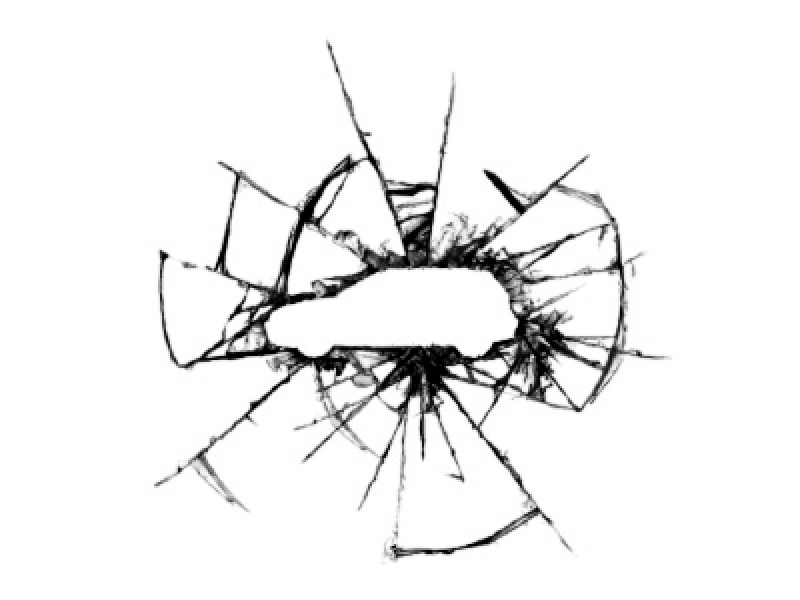
One can find such ominous words painted in bright colours behind several heavy transport vehicles on the roads. The verse shows tacit acceptance of rash driving – the attitude of many people behind the driving wheel.
Considering the level of international media attention to loss of lives and devastation by terrorism, we tend to forget that more people die in traffic accidents each year.
Of course there is the rush of adrenaline and thrill that go with speed, but considering the price many have to pay for these, stringent measures are required to educate and train people to drive responsibly.
According to UN reports, around 14,000 traffic accidents take place in the country on the average each year in which 30,150 people lose their lives.
The need to raise awareness regarding traffic safety is dire. Yet very little attention is paid to professional training institutes for drivers, especially those driving heavy transport vehicles.
Situated on the motorway near Sheikhupura terminal, 46km from Lahore, is the National Highway and Motorway Police (NH&MP) Drivers’ Training Institute. It institute was established in January 2008 on 27 kanals. Classes were initially held in open air because of lack of funds.
The institute has recently started expanding. It has also acquired modern teaching implements and equipment, with help from Nestle Pakistan, to help train drivers. The institute provides Lahore Ring Road Police, City Traffic Police, District Police, and Motorway Police patrolling officers training in traffic management and road safety. Drivers of more than 30 private corporations, including Nestle, are also trained at the institute. DSP Saqib, the chief training officer says that driving training instructors of several government departments are also trained at the institute. “We try to help beginners learn how to drive and try to help experienced drivers unlearn their [unsafe] techniques and adopt new ones.” They are taught driving ethics and road-stress and road rage management techniques that could help change their approach towards driving, he says.
Saqib says South Yorkshire police, German police and French police had declared the NH&MP Drivers Training Institute one of the best in South Asia.
He says Nestle Pakistan had helped increase the institute’s capacity. “We now have classrooms for around 300 trainees; 2.7km-long Low Traffic Volume and High Traffic Volume driving tracks; skid pads and practicing pads.” These implements allow for thorough training. The trainees are later put through a simulation exercise that provides them practice in driving on hilly terrain, icy tracks and misty weather. “We offer therapy and psychological training to help drivers manage stress in trying situations.” DIG Ehsan Sadiq, the commandant of the training institute, says that psychological training was necessary to change how drivers perceive and view driving on roads. “This is the most important aspect of road safety.”
Sadiq says road accidents claim more lives than terrorism each year. “We need to change the way people think about road safety. The relevant government departments need to double their efforts to raise awareness about this.”
He says the training institute at Sheikhupura is one of its kind. “We train people to drive all kinds of vehicles and deal with all kinds of situations they might face on the roads.”
“Athra driver, bomb gari (an undisciplined driver’s car is like a bomb),” the DIG says. “This is why we stress on psychological training. They need to be taught to drive carefully to avoid hurting not just themselves, but others as well.”
Other essential skills including basic car maintenance and troubleshooting techniques were taught at the institute as well. The DIG says drivers are given basic knowledge about how heavy and light weight vehicle engines work and how they can fix them if a problem arises.
Oil tanker drivers undergo a special course. He says several oil companies send their drivers to the institute for training.
Muhammad Khalid, a driver from Nestle Pakistan who regularly drives up to Afghanistan, is taking a refresher course at the institute. He says, “I have been in several accidents in my 25 years as a driver. I honestly believe that had I had taken this course at the start of my driving career, I could’ve avoided many of those accidents.”
Several unemployed young people are also being trained at the institute under a Punjab Skills Development Fund project. The idea is that the course will allow them to get jobs as drivers. Tahir Ali, one of such students from Sahiwal, says his elder brother has received training from the institute and is now working as a driver in Dubai. “I’m hoping to do that as well.”
DIG Ehsan says they follow up on their trainees’ progress. Companies that send their drivers to be trained at the institute have reported that the number of accidents their drivers are in has nosedived after training. He says they are expanding tracks, importing new simulators and developing a database of traffic accidents on city roads, highways and hilly roads. He says this would help them improve training techniques.
Published in The Express Tribune, October 2nd, 2014.
COMMENTS (1)
Comments are moderated and generally will be posted if they are on-topic and not abusive.
For more information, please see our Comments FAQ

1732569774-0/Baymax-(2)1732569774-0-165x106.webp)



1732012115-0/Untitled-design-(14)1732012115-0-270x192.webp)

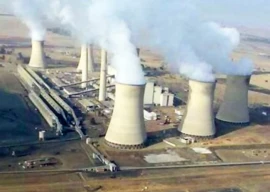
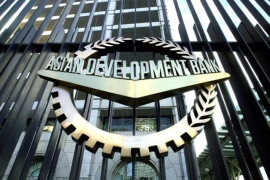
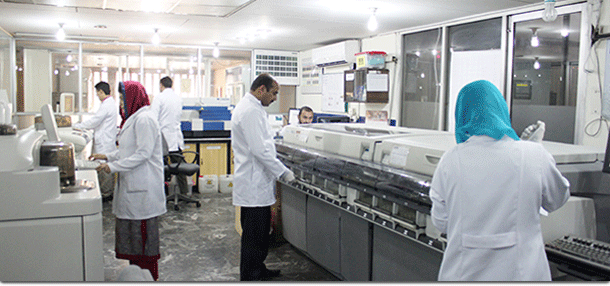
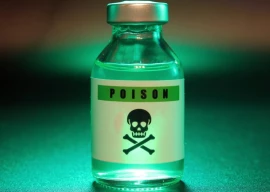






A very good step. In US, where I have lived most of my life, they teach Drive Education at High School Level at age 16, you take the course free of charge and at the end of course at your High School, you take a Written Test and Road Test. Initially you get a Learner's permit to drive with an instructor at the school, and after passing the course and tests you get your Driving License. In the course you are taught Traffic Safety and also Defensive Driving technique which teaches you to be aware of other people's mistakes. Always keep a safe distance. Always use turning signals before you are about to turn. Use Seat belts. Driving in Snow and rain. Slow down in rain and increase the safe distance.